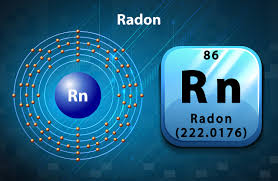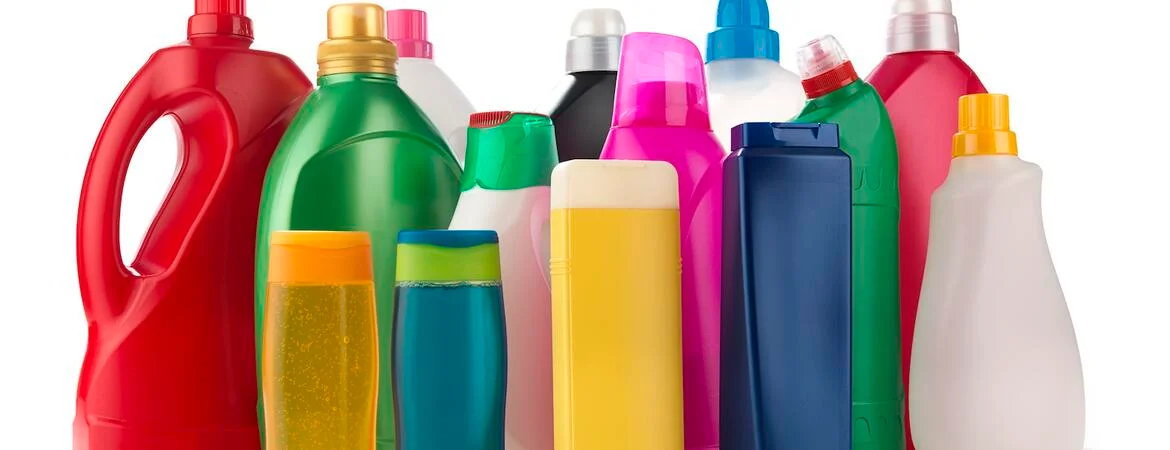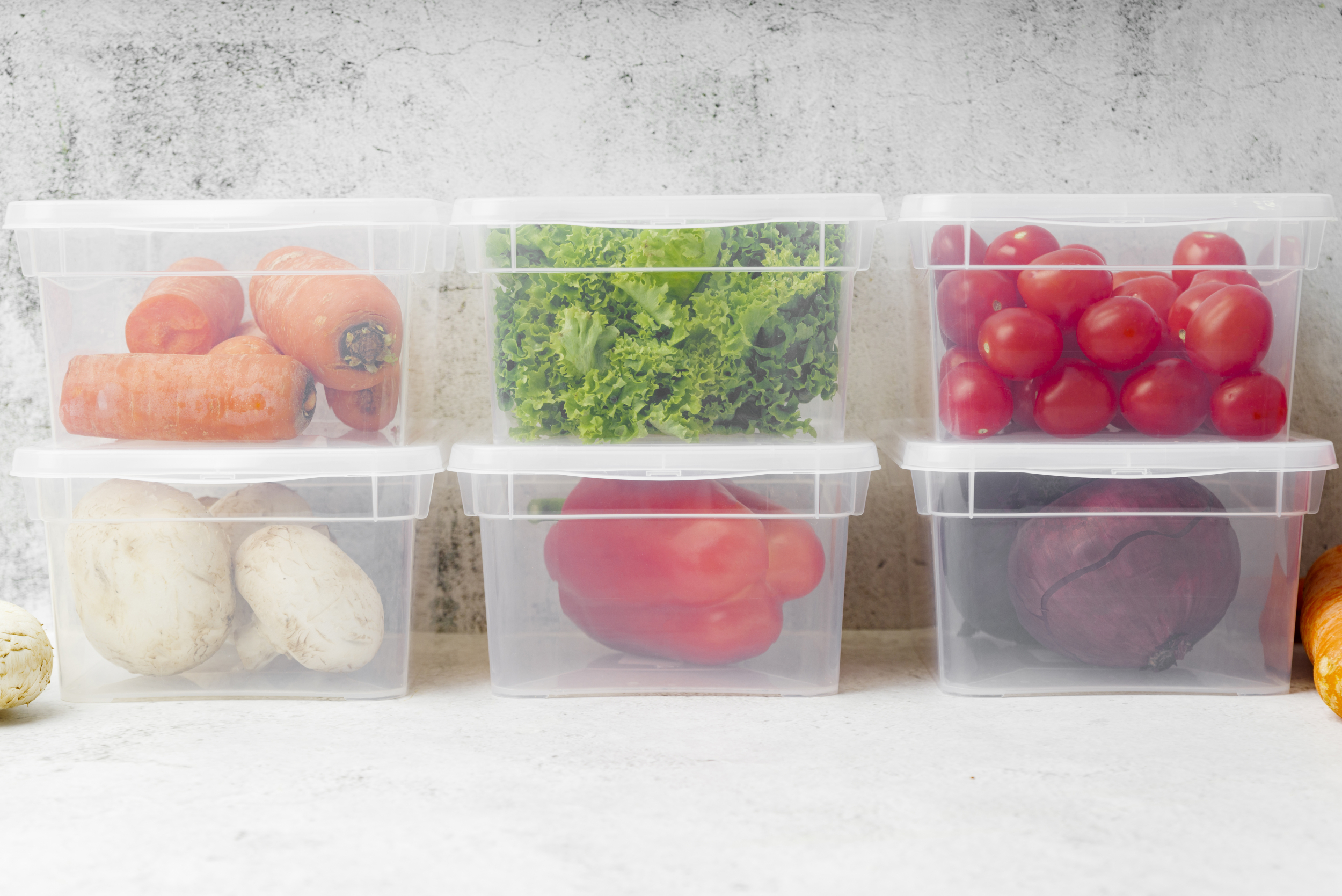
In a surprising twist during an air quality study in Oklahoma, researchers detected MCCPs an industrial pollutant never before measured in the Western Hemisphere.

Americans, especially those born between 1966 and 1986 (largely so-called generation X), have probably suffered from an additional 151 million mental health disorders that would not have occurred without the use of leaded petrol.

A study of more than 700 counties across multiple U.S. states found a link between childhood leukemia and levels of decaying radon gas, including those lower than the federal guideline for mitigation.

A new study documents how Southern Californians in U.S. are chronically being exposed to toxic airborne chemicals called plasticizers, including one that's been banned from children's items and beauty products.

The study sheds light on the widespread human exposure to food contact chemicals that could be detected in human samples, such as urine, blood, and breast milk.

Chemicals found in common household disinfectants, glues, and furniture textiles could damage supporting cells in the brain during critical stages of their development, a new study based on human cell cultures and mice has found.

One in 10 premature births in the U.S. have been linked to pregnant women being exposed to chemicals in extremely common plastic products, a large study said.

Population exposure to the synthetic chemical Bisphenol A (BPA), which is used in everything from plastic and metal food containers to reusable water bottles and drinking water pipes in Europe is well above acceptable health safety levels.

Six of nine planetary boundaries—climate change, deforestation, biodiversity loss, synthetic chemicals including plastics, freshwater depletion, and nitrogen use—are already deep in the red zone, an international team of 29 scientists reported.

South Korean scientists showerd the process through which plastic transforms into secondary microplastics. Their research reveals that continuous consumption of these secondary microplastics acts as neurotoxins in the brain.

Exposure to small amounts of lead leaves lasting scars on poor children, as research increasingly links the toxic metal to violence and academic failure.

Experiments have shown that microwaving plastic baby food containers can release huge numbers of plastic particles — in some cases, more than 2 billion nanoplastics and 4 million microplastics for every square centimeter of container.

Secretly held documents from the two most prominent manufacturers of 'forever chemicals' show that industry leaders knew of the harmful health effects of some per- and poly-fluoroalkyl substances (PFAS) long before they told the public.

According to a new study, some plants can clean toxic chemicals from the air, helping clear out cancer-causing toxins in a matter of hours.

A common 'forever chemical' known as PFOS (perfluorooctanesulfonic acid) has been linked to liver cancer in humans in a worrying new study.